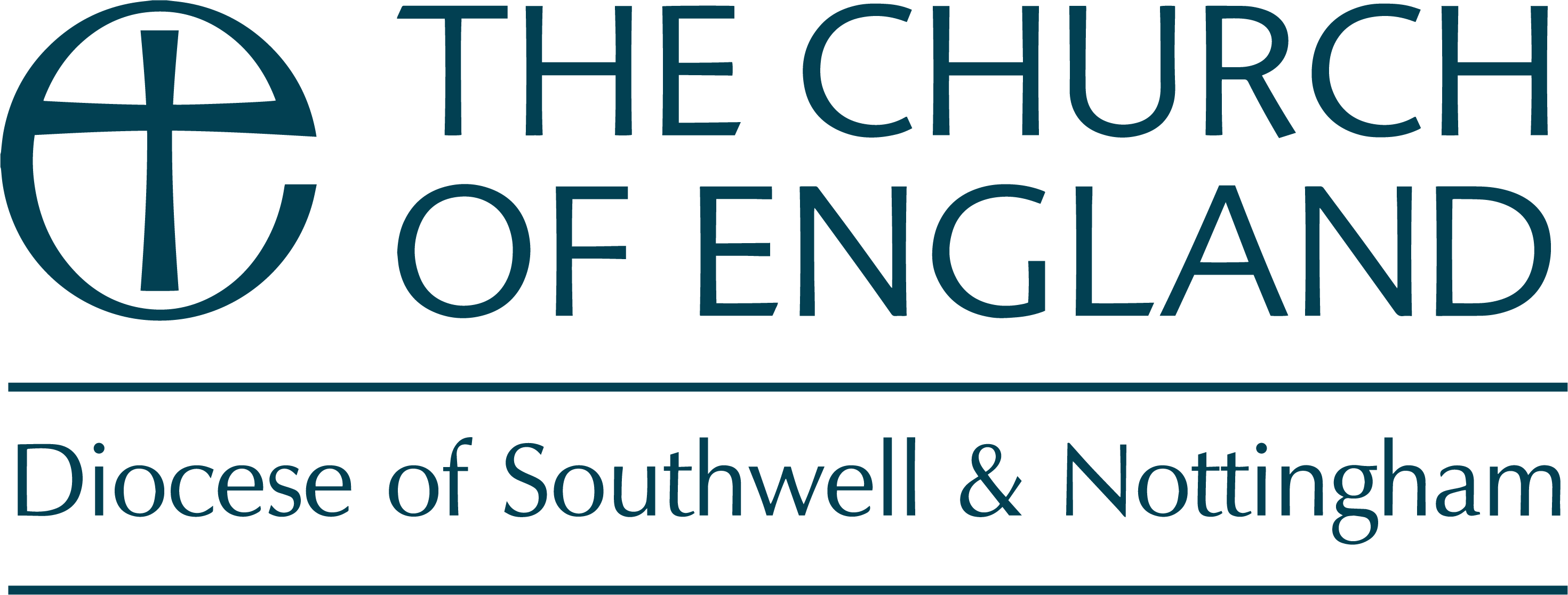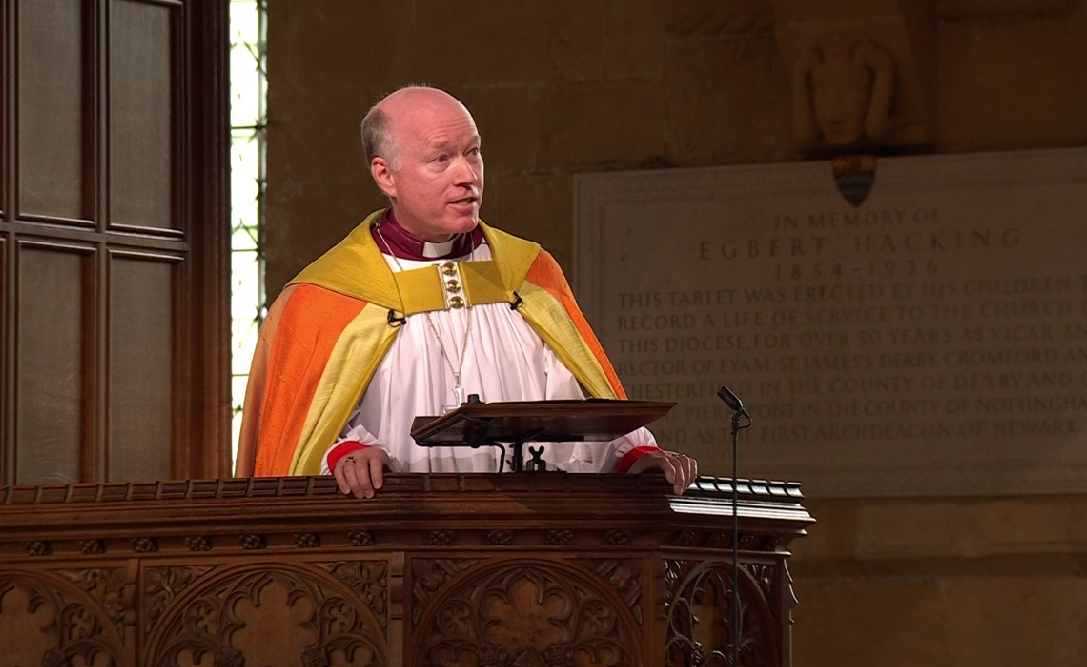Bishop Paul’s Easter Morning Sermon in Southwell Minister
Acts 10:34-43 and John 20:1-18
May the words of my mouth and the thoughts of our hearts be acceptable in your sight, Lord our Rock and our Redeemer.
I don’t know if you recognise the name Mel Blanc? He was the voice behind all of the cartoon characters in Loony Tunes, which included Bugs Bunny. And regarded as one of the most prolific voice actors in entertainment history. At the end of every movie, Porky Pig would come on the screen, and always say the same thing: ‘That’s all folks!’
When Mel Blanc died in 1989, can you guess what his family put on his tombstone? ‘That’s all folks!’ This really is the most important human question that can ever be asked: Which is true: ‘Jesus Christ is risen from the dead’ or the cheery but bleak resignation of ‘That’s all folks!’?
In his Gospel, John writes that three days after Jesus died on the cross, “Mary Magdalene went and announced to the disciples, ‘I have seen the Lord’”.
Mary is the first person to pass on the good news we celebrate this Easter morning with millions across the world. From that moment on, because of the resurrection of Jesus Christ from the dead, Christians believe there is always hope, in life and in death.
After two years living through a pandemic, and now a severe cost-of-living crisis, and with Putin’s brutal war on Ukraine, hope for our world is in short supply.
This may also be true for you on a more personal level. At some point in our lives most of us will have experienced a loss of hope: with the death of a loved-one, a relationship that is irretrievably broken, intense stress at work, chronic illness, depression and despair. These things can leave us in a very dark place longing for something to hope for. That is how it was for Mary.
She had been among the few who stayed as close as they could to Jesus in his final hours as he hung on the cross. Sometime before, Mary’s life had been dramatically transformed by meeting Jesus, and she had become not just an admirer but a devoted follower. She had experienced a love like no other, and so watching Jesus die would have been unimaginably traumatic.
With deep symbolism, John tells us, it was still dark when she came to the tomb that morning. And her raw grief is magnified by the fear that Jesus’ body has been taken. Even after she fetched Simon Peter and the other disciple, who see the empty tomb and go away wondering what it could mean, Mary still stays there weeping, refusing to give up her search.
The decisive turning point in John’s narrative comes when Mary hears Jesus speaking her name. It was so unexpected that through her tears she first thought the person standing before her was the gardener. But in a truly unforgettable moment, not just for Mary but for humanity, meeting the risen Jesus causes hope to flood her life and irrepressible hope cascades into our world, with all its broken dreams and shattered lives and cities ruined by war.
The English word hope is rather weaker than the original word the bible uses. It’s not merely wishful thinking or trying to be a more optimistic person. Christian hope is a profound life-changing certainty. That’s why the apostle Peter rejoiced that God has given us “new birth into a living hope through the resurrection of Jesus Christ from the dead.”
Inspired by this hope, people have found courage and strength to keep loving and serving in bringing God’s hope to others, even when it gets very costly. It is a precious gift being a friend to someone in need of hope – whether that’s a grieving neighbour on our street, a refugee far from home, through fostering and adoption, or in a myriad of other ways.
Charlie Mackesy’s now Oscar winning drawings of The Boy, the Mole, the Fox and the Horse connected so movingly with the struggles and longings of very many people during Covid and since.
One of my favorite illustrations is where the Horse is pressing its head gently on the boy during a storm, and says ‘Sometimes it feels like the storm will never end, that the clouds are too dark and you’ve nothing left. But storms do end, and you are loved and not alone. So hold on.’
We all need friends to remind us at times that the storms we face in life will eventually pass, though some storms may leave us wounded and broken. But what if there is a friend who can still the fiercest storm?
Jesus endured the suffering of the cross, to take upon himself the brokenness of our lives and world. And on Easter morning we celebrate that he defeated the power of the greatest storm of all in death itself. His risen presence assures us that we are loved by God and never alone. Jesus conquered sin and death so that by faith in him there is always hope, and the best is yet to come for we will be raised with him.
That may be something you needed to hear again this Easter or for the first time. John in his Gospel invites the hearer to enter into the story and reach a point of decision: to choose to receive the gift of God’s forgiveness and the living hope Jesus offers not just to Mary but all who put their trust in him.
Whatever joys we experience in days to come, whatever storms we may endure, in life and in death the final analysis need never be, ‘That’s all folks’, but instead a confident and joyful, ‘Christ is risen! He is risen indeed, Alleluia!’
Amen.



